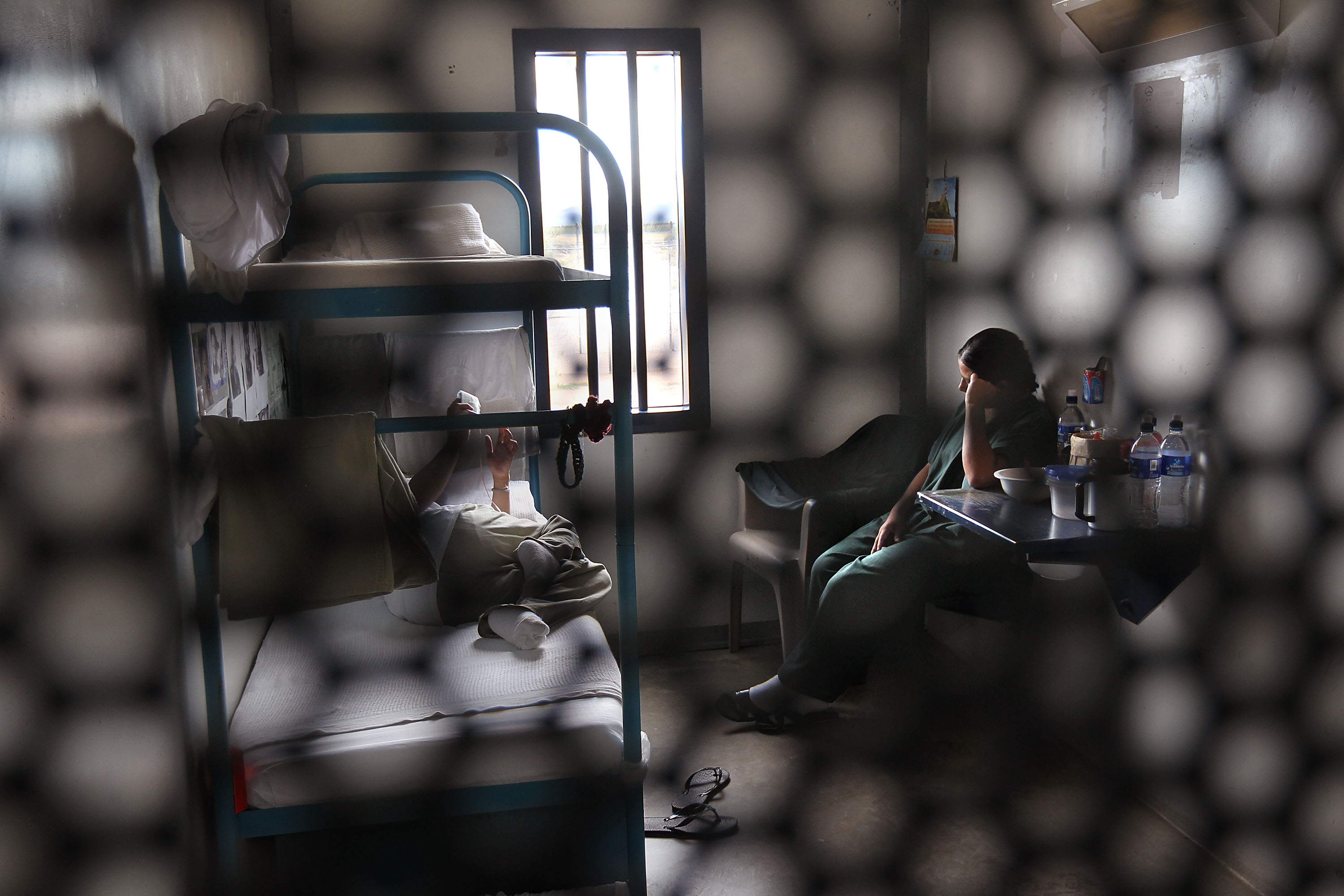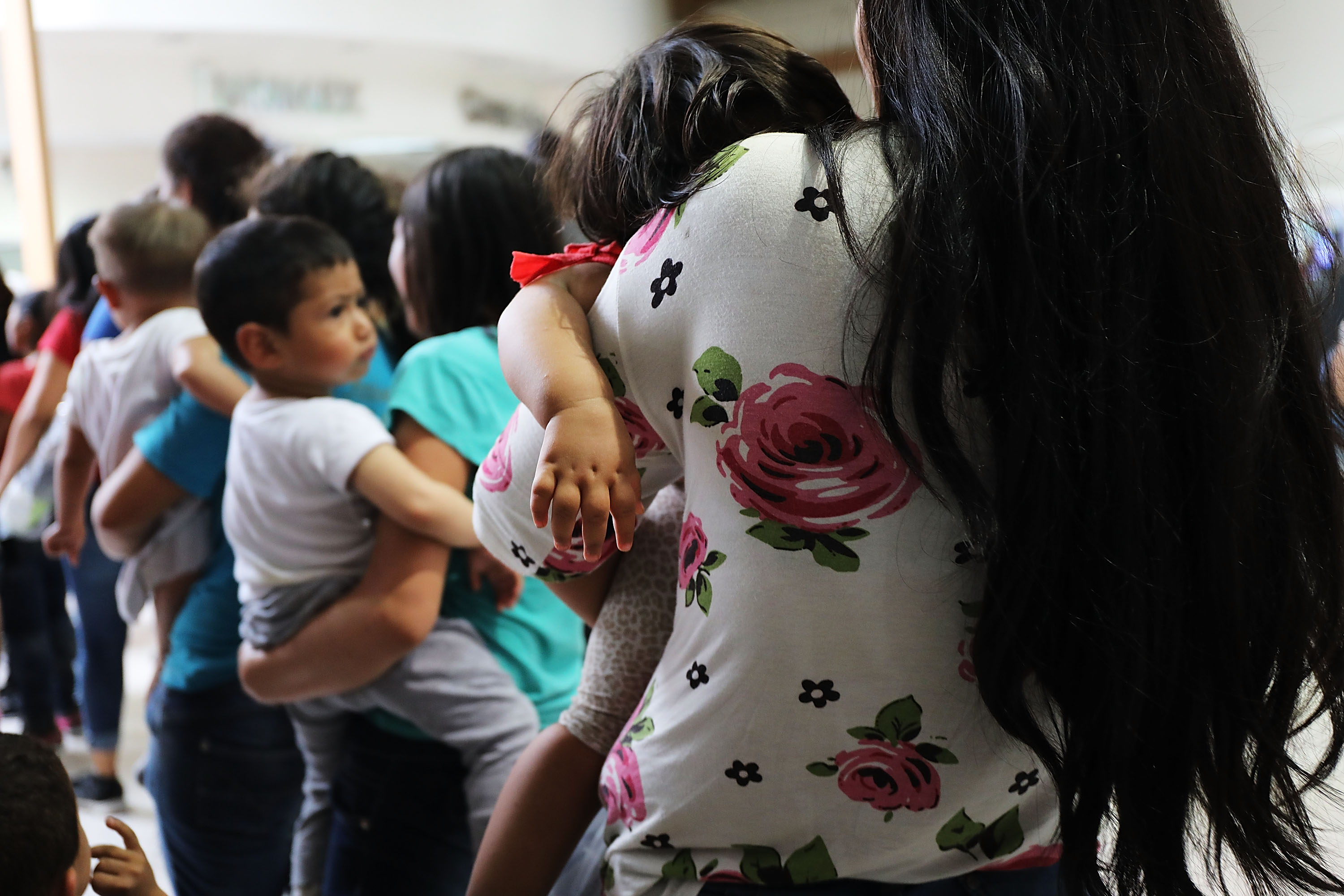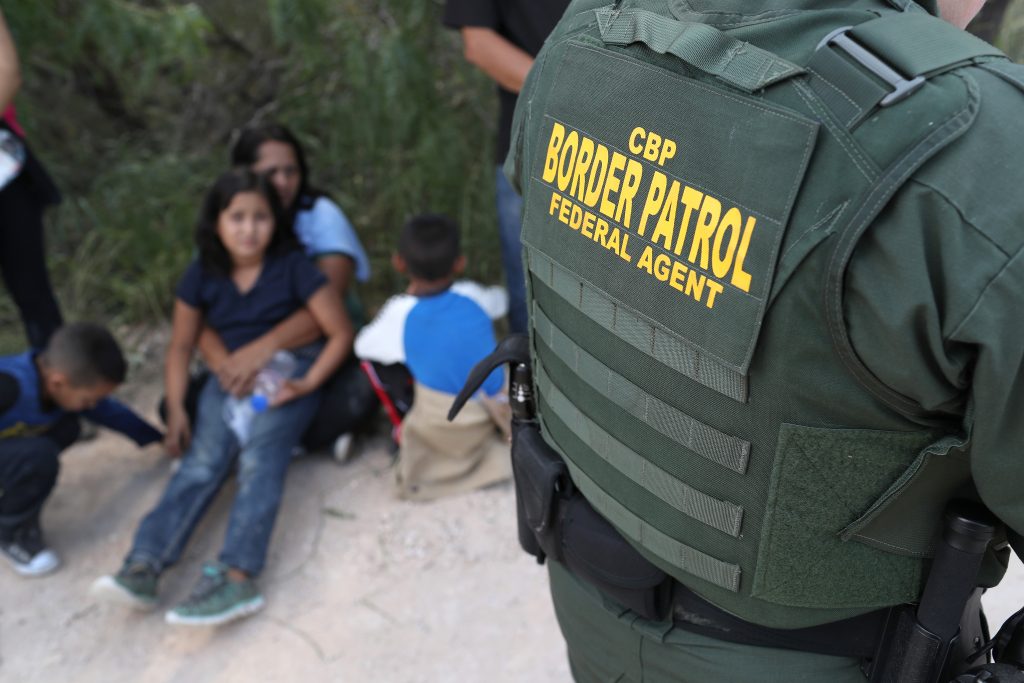My eyes flooded with tears as I walked toward the port of entry at the Tijuana-US border to apply for asylum in 2014. I was met with so many emotions at the same time: I felt hopeful I was going to return to the country where I did not fear for my queer self (as much), but I also felt frightened for what awaited me once I turned myself in and was processed into Otay Mesa Detention Center in San Diego, California. I didn’t know I’d be treated like a criminal, like a nuisance they wanted to move through the immigration system. Now, the Trump Administration is upping its level of callousness toward asylum seekers.
The toxic, abusive environment at the detention facilities is unhealthy, both psychologically and physically; staff yelled and sexually harassed me, forced me to sleep in extreme temperatures, forced detainees to sign documents without reading them, among other human rights violations.

One morning at 5:30 a.m. – already in distress and just a few days before my court hearing – I jumped from my bed when the bright lights turned on, and the loud, heavy automatic metal doors unlocked for breakfast. I hit my head with the metal bed on top of my bed, and I lost hearing in one ear for days. I immediately sought medical attention as I didn’t want my court date postponed. I was taken to a cold room and waited hours in a cell, only to be told I wasn’t going to be seen that day.
The toxic, abusive environment at the detention facilities is unhealthy, both psychologically and physically.
I wasn’t treated like someone seeking safety in this country. Despite following the asylum laws of the United States – asylum seekers’ cases have historically not been invalidated for entering the United States without documentation – I was treated like I did something wrong. Every time I was transported between facilities, I was handcuffed. My ankles were in shackles and my wrists were handcuffed with a chain that also wrapped around my waist. It was hard to walk. I had to constantly remind myself that I hadn’t committed a crime, nor was I guilty; I was merely following the guidelines and did in fact meet the criteria for affirmative asylum per US Citizenship and Immigration Services.
What I – and many other asylum seekers – have gone through saw the government infringing on my rights, but I, at least, had a sliver of hope that at the end of it, I’d receive the protection I needed. It’s a system that needs a serious overhaul, but what’s coming next is even worse. Fewer people, who desperately need the protection, will now be able to claim asylum.
As Central American and Caribbean immigrants – many fleeing their countries because of gang violence, extreme poverty, political upheaval, and natural disasters – arrive into the country, the Trump Administration has done whatever it can to thwart them. Most recently, it separated mostly Central American children from their parents at the border in hopes of discouraging others from making the journey into the US. After Trump, bowing to pressure, ended the policy with an executive order, his government came up with another way to keep them from the United States: This week, the Trump Administration outlined a new set of rules that will immediately reject asylum seekers who give gang violence or domestic abuse as the basis of their claim. The guidance reads, “Claims based on … the members’ vulnerability to harm of domestic violence or gang violence committed by non-government actors will not establish the basis for asylum, refugee status, or a credible or reasonable fear of persecution.”

In the past, Trump has called Central American gang members, particularly those from MS-13, “animals.” In a 2017 speech, Trump said about MS-13, “They kidnap. They extort. They rape and rob. They stomp on their victims. They beat them with clubs, they slash them with machetes, and they stab them with knives. They have transformed peaceful parks and beautiful quiet neighborhoods into bloodstained killing fields. They’re animals.” But with this action, his administration is conveying its complete disregard of Central Americans.
Attorney Jeff Sessions explained that this decision is meant to be a more accurate interpretation of immigration law. But it’s clear that what the government is actually trying to do is discount their experiences, to say that what they have lived through is not dire enough, that they don’t deserve a place in the United States.
This decision, however, is jeopardizing the future of many immigrants fleeing from life or death situations in their country of origin. The claims of many refugees will be completely disregarded without a fair review of their case if they base their claim for asylum on gang violence or domestic violence. If my case was being reviewed under this new guidance, I’m not sure I would be offered the protection I received in 2015.







